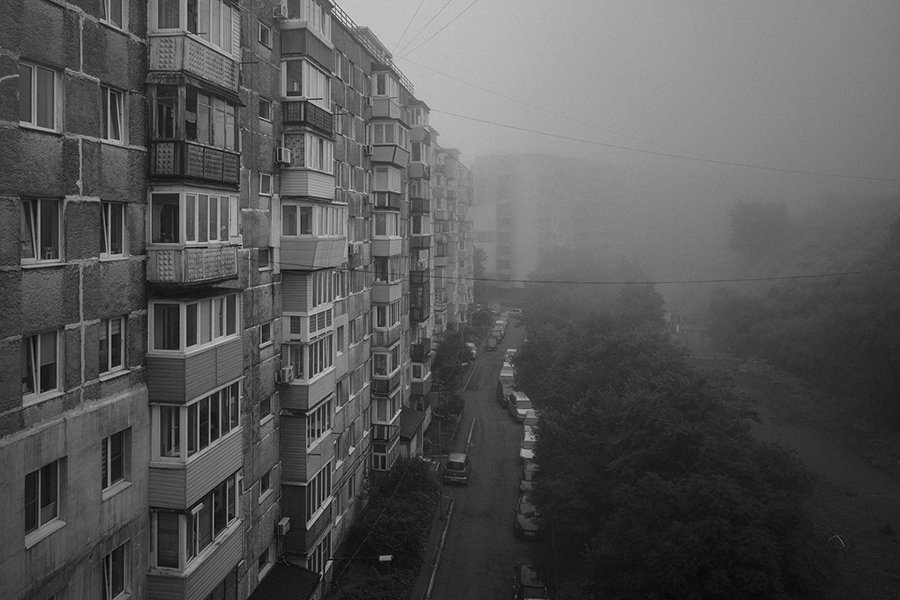Complaint about fraudsters failed for the first time in Russia: the apartment remains with the buyer

Photo: Unsplash
Russia has recorded the first legal precedent that may change the practice of challenging real estate transactions. The Supreme Court of Yakutia refused to return an apartment to a seller who claimed to have acted under pressure from fraudsters and ruled in favor of the good-faith buyer, RBC reports. Against the backdrop of a sharp increase in similar lawsuits, this decision may become a turning point for the entire secondary housing market.
Legal precedent
Pensioner Irina Kirillina sold her apartment in Yakutia in September 2023 and several months later demanded its return through court. She claimed she had signed the deal under pressure from phone scammers and did not understand the consequences. Two lower courts supported her claim and declared the sale invalid. Buyer Olga Argunova appealed those decisions.
A key piece of evidence was a repeated psychological and psychiatric examination ordered during the appeal and conducted in Vladivostok. Experts concluded that at the time of signing the contract, Kirillina was capable of understanding her actions and controlling them. No signs of mental disorder were detected. In addition, after the transaction she vacated the apartment voluntarily and raised no objections to the buyer.
As a result, the Supreme Court overturned the lower-court rulings and rejected the claim. The court noted that the plaintiff had not provided proof of the contract’s invalidity; therefore, there were no grounds to return the apartment. The decision has entered into force, and the property remains with the buyer.
The return-of-property scheme
The number of such disputes is rising. According to the Russian Guild of Realtors, the number of lawsuits demanding reversal of completed transactions has increased by 15–20% over the past year. In these cases, former owners claim they gave the money to fraudsters, and courts often satisfy their demands to invalidate the deal. The property is returned to the seller while the buyer loses both the apartment and the payment.
Experts stress that many disputed transactions appeared flawless at the time of signing: notarized, paid via bank transfer, with no violations of third-party rights. Lawyers note that some lawsuits are prepared in advance: sellers work on arguments and collect medical certificates before going to court. Repeated wording about “misconception” or “being misled” is becoming common, and certificates of mental health often appear shortly before filing the claim.
Even a notarized sale, medical clearance and documented payments do not guarantee protection. The court may request a new psychiatric examination and dismiss previous evidence. Not only legal documents matter — behavioral signs of the seller are also important: vague answers about taxes, ownership history, financial obligations, or future plans may indicate risk.
New measures
Deputy Chair of the State Duma Committee on Construction and Housing Svetlana Razvorotneva confirmed that the issue is systemic. A draft law is now under discussion that would require realtors to prove their qualifications and have no criminal record. Mandatory video recording of transactions and a seller questionnaire confirming awareness and voluntariness are also proposed.
Other possible measures include mandatory transaction insurance, the creation of compensation funds, and temporary blocking of funds received from the sale on the seller’s bank account for at least seven days. This pause is intended to prevent the immediate withdrawal of money and reduce the risk of a seller claiming later that the funds were “lost” and demanding cancellation of the deal.
Recommendations for buyers
Experts advise buyers to check the seller not only through the property registry but also through court databases, bankruptcy records and enforcement cases. It is important to keep all messages, exchanged documents and explanations of the terms. Other recommendations include:
— refusing to list a reduced price in the contract, since this limits the ability to recover funds during a dispute;
— asking questions that cannot be answered instantly with outside help, such as taxation or payment procedure.
There is no universal protection against contesting a sale, lawyers warn. Each case depends on the evidence and behavior of the parties. Following the Supreme Court ruling in Yakutia, the practice may begin to change, but so far there is no unified approach, and legal risks for buyers remain high.








